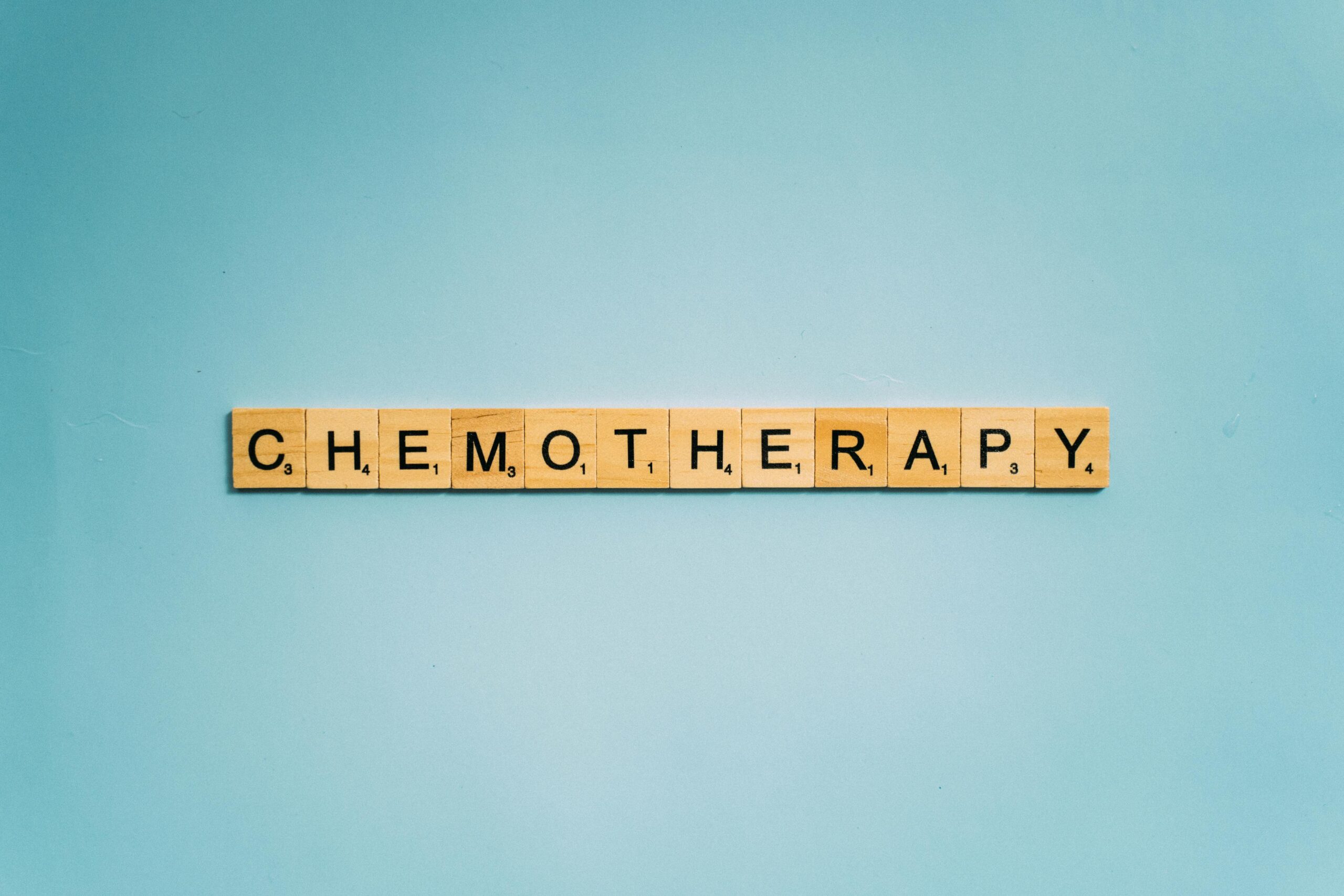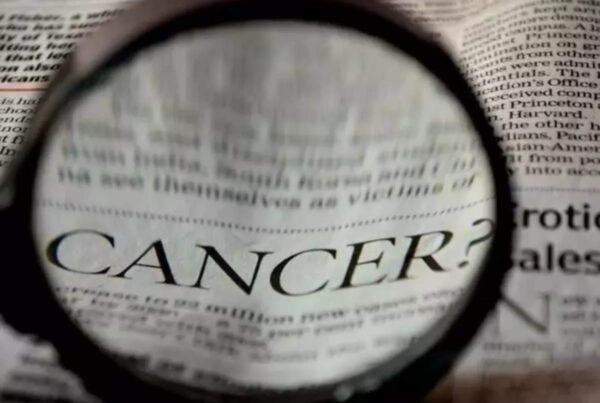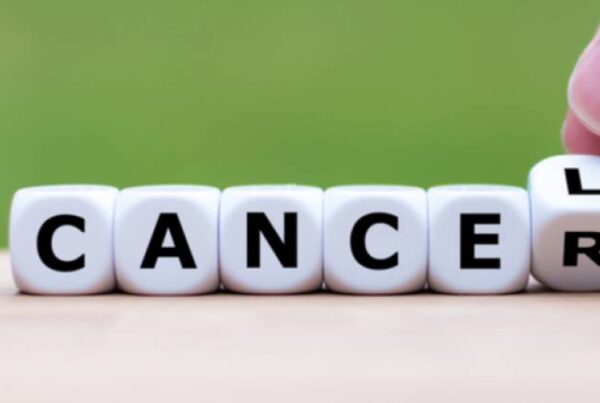Chemotherapy is a common treatment for cancer that uses powerful drugs to target and destroy cancer cells. While it is an effective treatment, it can also bring various side effects and emotional challenges. Understanding what to expect during chemotherapy can help patients and caregivers prepare for the journey ahead.
1. Understanding Chemotherapy
Chemotherapy works by stopping or slowing the growth of cancer cells. It can be administered in different ways, including intravenous (IV) infusion, oral pills, injections, or topical applications. The duration and frequency of treatment vary based on the type and stage of cancer.
2. Common Side Effects
Chemotherapy affects not only cancer cells but also healthy cells, leading to several side effects. These may include:
- Fatigue: One of the most common side effects, leading to exhaustion and weakness.
- Nausea and Vomiting: Can be managed with prescribed anti-nausea medications.
- Hair Loss: Temporary hair thinning or complete loss may occur, depending on the treatment.
- Weakened Immune System: Increased risk of infections due to lower white blood cell count.
- Appetite Changes: Loss of appetite or taste alterations may affect nutrition intake.
- Mouth Sores: Some patients experience oral discomfort or ulcers.
- Digestive Issues: Diarrhea or constipation can be common.
3. Preparing for Chemotherapy
Patients can take steps to make chemotherapy more manageable:
- Plan for Rest: Adjust schedules to allow for fatigue and recovery time.
- Eat a Balanced Diet: Proper nutrition can help maintain strength and energy.
- Stay Hydrated: Drinking plenty of fluids is essential.
- Arrange Transportation: Some chemotherapy sessions may cause fatigue, making it unsafe to drive.
- Seek Support: Emotional and physical support from family, friends, or support groups can be invaluable.
4. Managing Side Effects
While side effects vary for each patient, strategies can help minimize discomfort:
- Medications: Doctors may prescribe drugs to manage nausea, pain, or infections.
- Relaxation Techniques: Activities like meditation, gentle yoga, or deep breathing can reduce stress.
- Gentle Exercise: Light physical activity can improve energy levels and mood.
- Scalp Cooling Caps: Some patients use cooling caps to reduce hair loss.
- Oral Care: Maintaining good oral hygiene can prevent mouth sores.
5. Emotional and Mental Health Support
Chemotherapy can be emotionally challenging. Patients should:
- Communicate with Loved Ones: Expressing feelings can ease stress.
- Join Support Groups: Connecting with others in similar situations can provide comfort.
- Consider Counseling: Speaking to a therapist can help manage anxiety and depression.
Chemotherapy is a powerful but challenging treatment. Knowing what to expect can help patients and caregivers prepare and navigate the journey more effectively. By managing side effects, maintaining a support system, and prioritizing self-care, individuals can improve their overall experience during chemotherapy. Always consult with healthcare providers for personalized advice and support.




